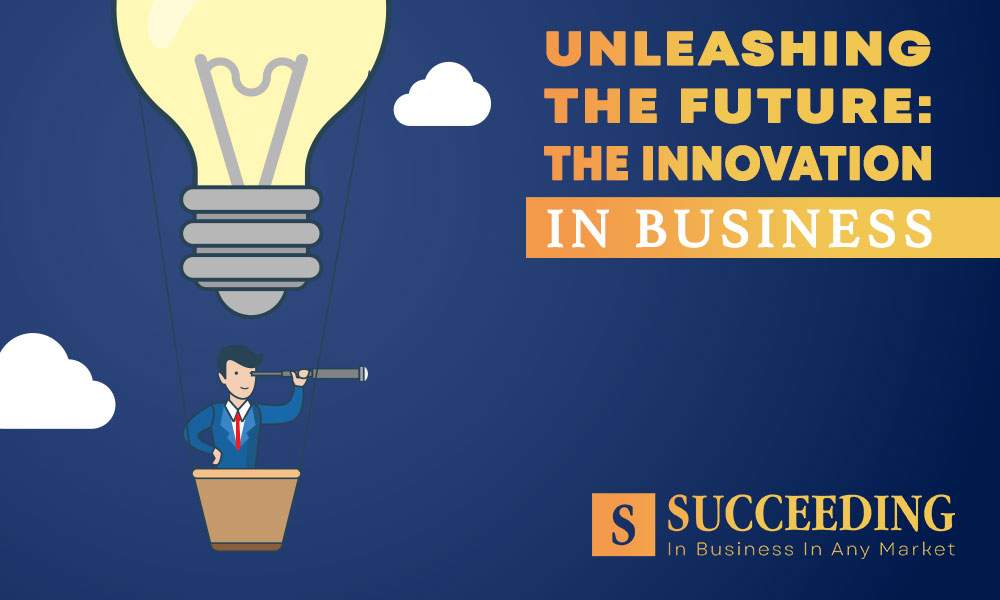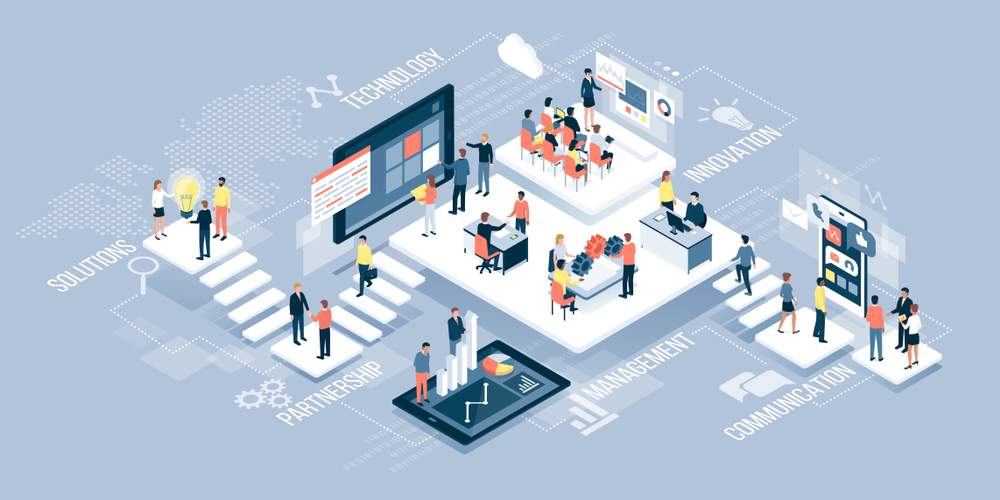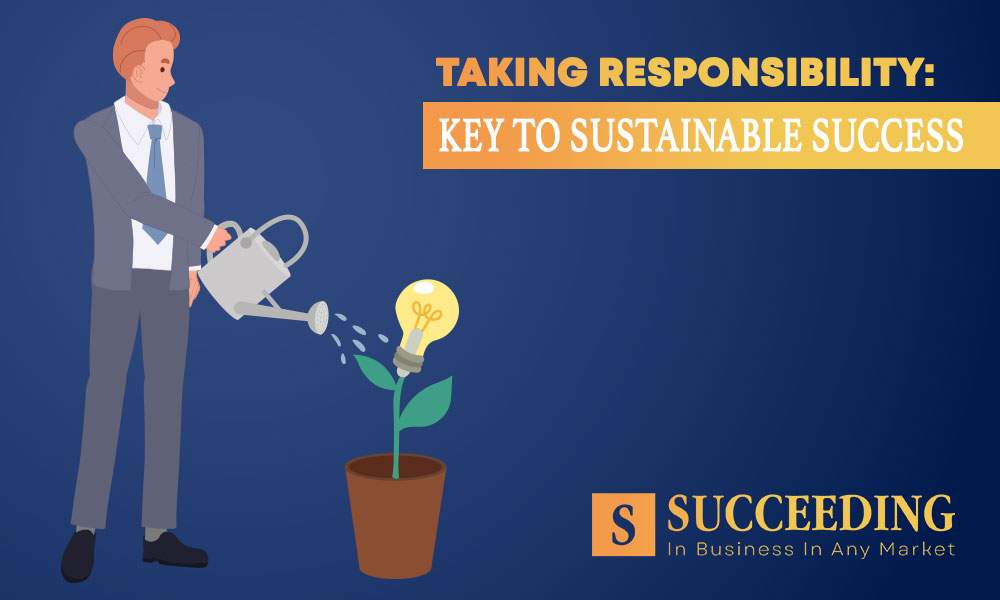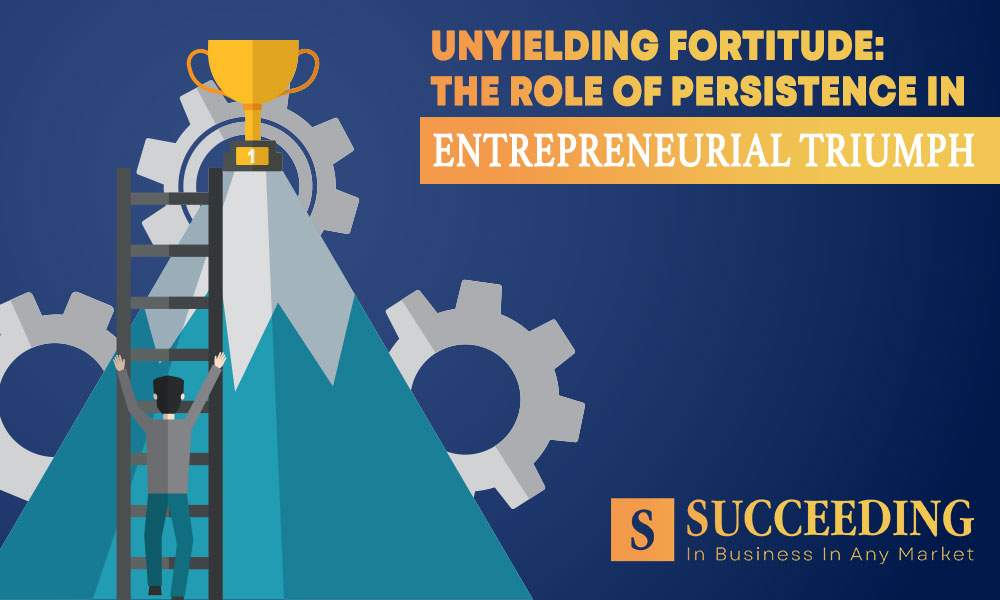Post Date: March 5, 2024

In the ever-evolving realm of entrepreneurship, innovation stands as the cornerstone of success. This article explores the imperative of innovation, from its definition to its transformative impact on markets and businesses. As we navigate the dynamic landscape of entrepreneurship, we’ll unravel the evolution of innovation, the mindset it requires, its role in market disruption, the necessity of fostering an innovative culture, and how it propels sustainable growth.

1: Defining Innovation in Business
1.1 Explore the Meaning of Innovation:
Innovation in business transcends the realm of technology, encompassing creative solutions, novel processes, and groundbreaking business models. It is the art of redefining the status quo, driving progress and differentiation in a crowded marketplace.
1.2 The Evolution of Innovation:
The concept of innovation has evolved over time, from industrial revolutions to the digital age. Pioneering entrepreneurs like Thomas Edison and Steve Jobs transformed industries through groundbreaking ideas, setting the stage for a continuous cycle of innovation in the entrepreneurial landscape.
2: The Innovation Mindset in Entrepreneurship
2.1 Cultivating an Innovation Mindset:
An innovation mindset involves curiosity, openness to new ideas, and a willingness to take calculated risks. Entrepreneurs with this mindset actively seek opportunities for improvement and view challenges as potential avenues for innovation.
2.2 Breaking Barriers to Innovation:
Common barriers to innovation, such as fear of failure and resistance to change, can hinder entrepreneurial progress. Strategies to overcome these barriers include fostering a culture that encourages experimentation, providing resources for idea development, and celebrating innovative thinking.
3: Innovation and Market Disruption
3.1 The Role of Innovation in Market Disruption:
Innovation is a catalyst for market disruption. Disruptive innovations challenge traditional markets, creating new paradigms and opportunities. Businesses that embrace and lead disruptive innovation often redefine entire industries.
3.2 Seizing Opportunities Through Innovation:
Entrepreneurs can identify and capitalize on opportunities for innovation by staying attuned to market shifts, customer needs, and emerging technologies. Being proactive in innovation positions businesses at the forefront of industry trends, fostering a competitive edge.
4: Nurturing a Culture of Innovation
4.1 The Importance of a Culture of Innovation:
Fostering a culture of innovation is vital for long-term success. Such a culture encourages continuous improvement, adaptability, and a collective commitment to staying ahead of the curve.
4.2 Leadership’s Role in Driving Innovation:
Leaders play a crucial role in promoting innovation. They inspire creativity, provide a supportive environment for experimentation, and recognize and reward innovative thinking within their teams.
5: Innovation and Sustainable Growth
5.1 Innovation as a Driver of Sustainable Growth:
Ongoing innovation is integral to achieving sustainable growth. Businesses that commit to a culture of continuous improvement and embrace innovation as a strategic imperative are better positioned for long-term success.
5.2 Balancing Incremental and Disruptive Innovation:
Balancing incremental improvements with disruptive innovations is key to sustained growth. Incremental innovations address immediate needs, while disruptive innovations drive transformative change. A strategic combination of both ensures adaptability and competitiveness.

Conclusion:
Innovation is not a luxury but a necessity in the entrepreneurial journey. It is the force that propels businesses forward, unlocks new possibilities, and ensures relevance in a rapidly changing world. Entrepreneurs are urged to embrace the innovation imperative as a path to unprecedented success and growth.
FAQs:
Q1: Is innovation only about technology and new products?
A1: No, innovation in business encompasses more than technology. While it can involve new products, it also includes creative solutions, process improvements, and novel business models. Innovation is about finding better ways of doing things and staying ahead of the competition.
Q2: How can I foster an innovation mindset within my team?
A2: Fostering an innovation mindset involves encouraging curiosity, openness to new ideas, and a willingness to take calculated risks. Provide resources for idea development, celebrate innovative thinking, and create an environment where team members feel empowered to contribute their creative insights.
Q3: Can small businesses benefit from disruptive innovation?
A3: Yes, small businesses can benefit from disruptive innovation. While disruptive innovation often challenges traditional markets, it also opens up opportunities for smaller players to enter and redefine industries. Small businesses that are agile and innovative can leverage disruptive trends to their advantage.
Q4: Is failure an inevitable part of the innovation process?
A4: Yes, failure is often an inherent part of the innovation process. Not every innovative idea will succeed, but failure provides valuable lessons. The key is to view failure as a learning opportunity, iterate on ideas, and continuously adapt strategies based on feedback and experience.
Q5: How can I sustain a culture of innovation in the long run?
A5: Sustaining a culture of innovation requires ongoing commitment from leadership, a supportive environment that encourages experimentation, and a willingness to adapt to changing circumstances. Regularly review and adjust innovation strategies, celebrate successes, and learn from setbacks to ensure long-term sustainability.





